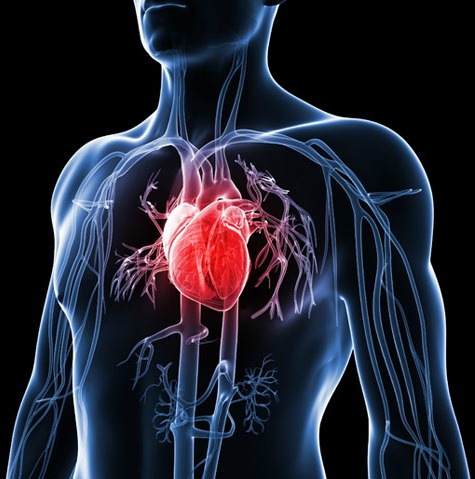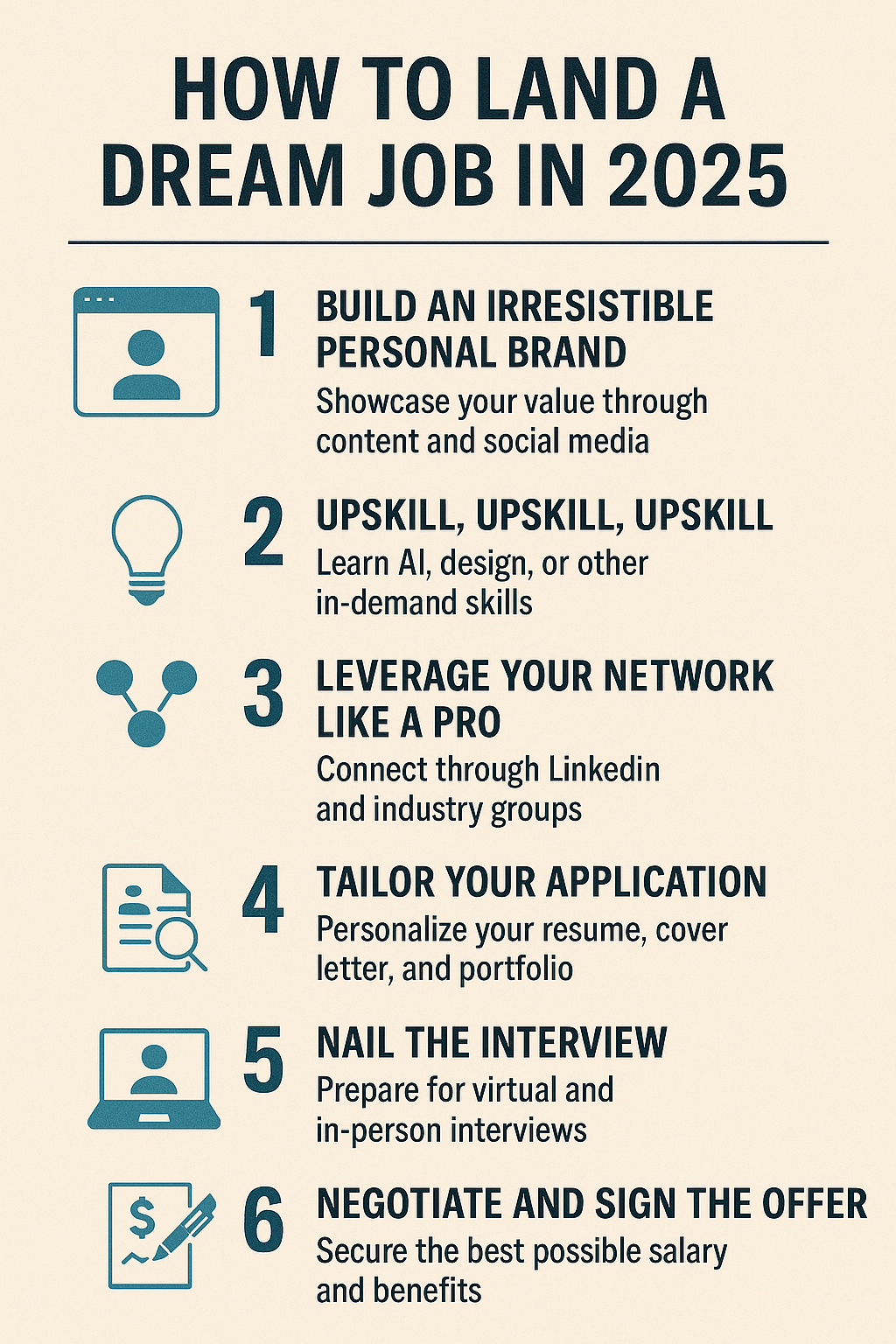HEART DISEASE: THE SILENT KILLER THAT'S CLOSER THAN YOU THINK
Heart disease isn’t some distant health scare—it’s happening all around us, to people we know and love. Every year, nearly 18 million lives are lost to cardiovascular disease (CVD), making it the number one cause of death worldwide, according to the World Health Organization (WHO). What’s even more alarming? Many of these deaths could have been prevented.
WHY IS HEART DISEASE STILL SO COMMON?
Despite groundbreaking advancements in medicine, heart disease is still on the rise. Our modern lifestyle is largely to blame—fast food, long hours sitting at desks, high stress, and little physical activity have all contributed to the growing crisis. While genetics play a role, the biggest culprits are poor diet, lack of exercise, smoking, and stress.
It’s no longer just an issue for older adults. More young people are being diagnosed with high blood pressure, obesity, and high cholesterol, putting them at serious risk for heart disease earlier in life. The convenience of processed food, the rise of remote work, and the pressure of modern life are creating a perfect storm for cardiovascular problems.
THE DANGER OF DISMISSING EARLY SIGNS
One of the scariest things about heart disease is that it doesn’t always come with loud warnings. Many people don’t even know they have it until they suffer a heart attack or stroke. Subtle symptoms like occasional chest discomfort, shortness of breath, or extreme fatigue are often brushed off as stress or exhaustion. By the time people take it seriously, the damage may already be done.
For women, the risks are even more complicated. Heart disease kills more women each year than breast cancer, yet it often goes undiagnosed because symptoms can look different—like nausea, dizziness, or jaw pain instead of classic chest pain.
WHO’S MOST AT RISK?
While anyone can develop heart disease, some factors increase the risk:
Poor Diet: A diet high in processed foods, sugar, and unhealthy fats leads to high cholesterol and clogged arteries.
Lack of Exercise: A sedentary lifestyle weakens the heart and increases the risk of obesity, high blood pressure, and diabetes.
Smoking & Alcohol: Smoking damages blood vessels, and excessive alcohol can raise blood pressure and cholesterol.
Chronic Stress & Poor Sleep: Long-term stress and lack of sleep contribute to inflammation and heart problems over time.
IS IT TOO LATE TO MAKE A CHANGE?
Absolutely not. The power to fight heart disease is in our hands, and small changes can make a big difference. Experts recommend:
Eating Heart-Healthy Foods: Whole grains, lean proteins, nuts, and healthy fats (like avocado and olive oil) help keep cholesterol in check.
Staying Active: Just 30 minutes of walking, biking, or even dancing five days a week can significantly improve heart health.
Getting Regular Checkups: Monitoring blood pressure, cholesterol, and blood sugar can catch potential issues before they turn serious.
Managing Stress: Meditation, therapy, or simply taking breaks can do wonders for both mental and heart health.
THE BOTTOM LINE
Heart disease isn’t just a statistic—it’s a real and preventable threat that’s affecting families everywhere. The choices we make today shape our health tomorrow. It’s time to stop thinking of heart disease as something that happens “later” and start taking action now. Because when it comes to heart health, prevention is always better than a cure.



